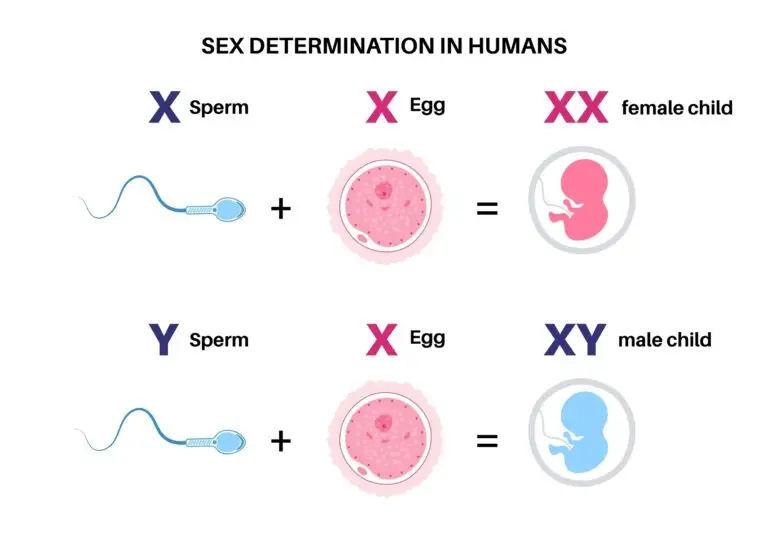Y Chromosome

Table of Contents
What is the Y Chromosome?
The Y chromosome is one of the two sex chromosomes in humans and many other mammals. Together with the X chromosome, it determines an individual’s biological sex. In humans, males typically have one X chromosome and one Y chromosome (XY), while females have two X chromosomes (XX).
Importance of the Y Chromosome
Determination of Male Characteristics
The presence of a Y chromosome determines the development of male characteristics during embryonic development. The Y chromosome carries genes crucial for the development of male reproductive organs and secondary sexual characteristics.
SRY Gene
The SRY (Sex-determining Region Y) gene on the Y chromosome is a major determinant of male sex development. It triggers the formation of testes in the developing embryo, leading to the production of male sex hormones (androgens).
Testis Development
The presence of the Y chromosome and the SRY gene prompts the undifferentiated gonadal tissue in the developing embryo to differentiate into testes. The testes then produce hormones, including testosterone, which directs the development of male reproductive structures.
Absence in Females
Females do not have a Y chromosome. Instead, they have two X chromosomes (XX)—the absence of the Y chromosome results in the development of female reproductive structures.
Inheritance
The Y chromosome is inherited from the father. It passes from father to son through the paternal lineage. This inheritance pattern is essential for tracing paternal ancestry in certain genetic studies.
Genetic Variation
While the Y chromosome contains genes related to male development, it also carries other non-sex-determining genes. These non-sex-determining genes can contribute to genetic variation and may have roles in various biological processes.
Y Chromosome Evolution
The Y chromosome has undergone evolutionary changes over time. In some species, including humans, the Y chromosome is smaller than the X chromosome and has fewer genes. The degradation of the Y chromosome over evolutionary time is a phenomenon known as Y chromosome degeneration.
Genetic Disorders
Mutations or abnormalities in genes on the Y chromosome can lead to genetic disorders. However, since the Y chromosome primarily carries genes related to male development, disorders associated with the Y chromosome often impact male reproductive functions.
Genetic Testing and Y Chromosome
Paternity Testing: The Y chromosome is often used in paternity testing to establish biological relationships between males. Paternal inheritance of the Y chromosome allows for comparing Y chromosome markers between father and son.
Ancestry Testing: Analysis of Y chromosome markers is also used in genetic genealogy and ancestry testing. Y-chromosomal DNA (Y-DNA) testing can help trace paternal lineages and explore paternal ancestry.
Related Links
Gamete
Inheritance
Sexual Reproduction
Zygote